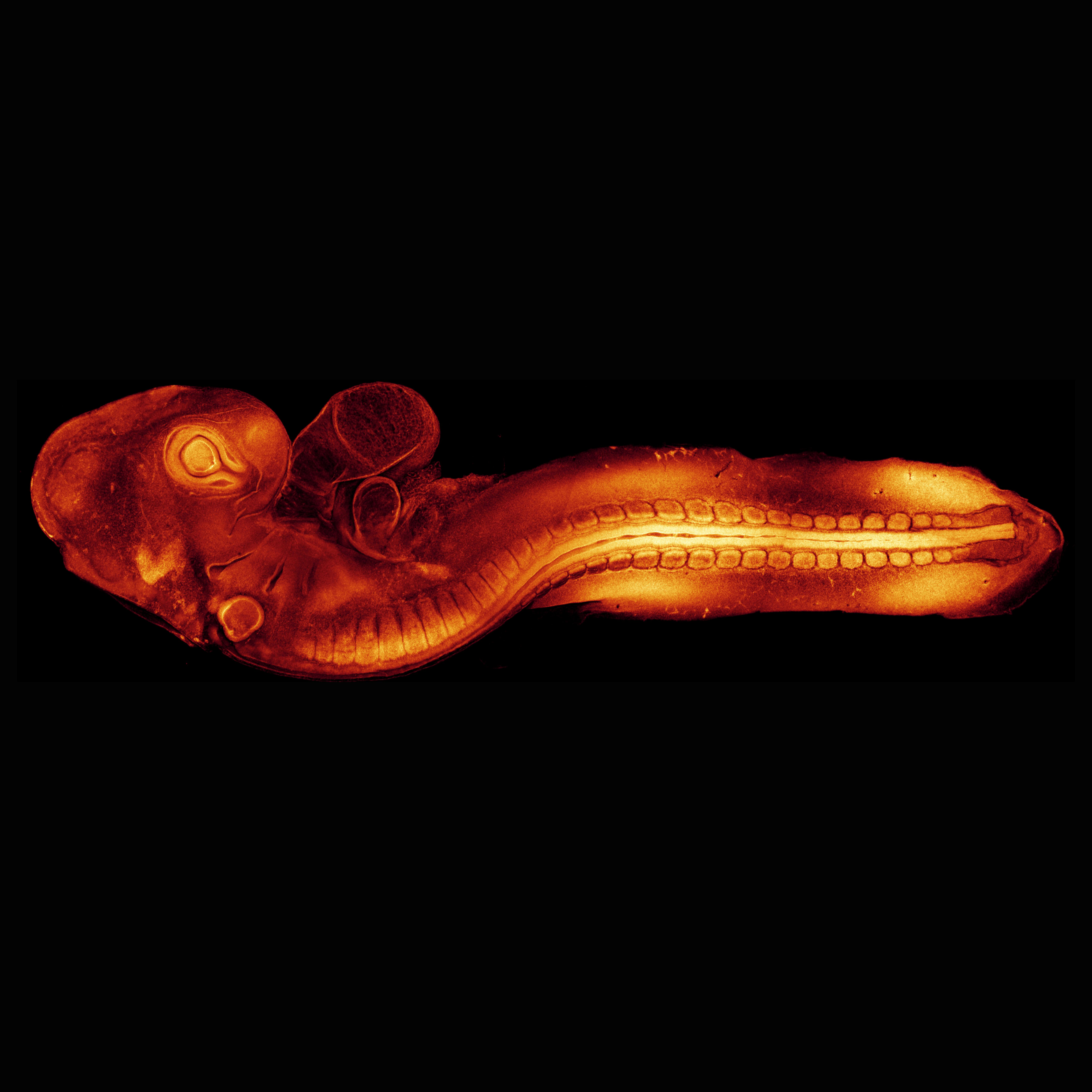The Zika virus causes a wave of panic among pregnant women in the infected areas. Indeed, if the signs are not always visible on them during their pregnancy, the repercussions on the baby can be dramatic. A team of American researchers from the University of Saint-Louis in the United States have isolated a human monoclonal antibody which reduces markers of Zika virus infection in mice. The antibody, named ZIKV-117, has been shown in these rodents to protect the fetus of pregnant mice infected with the virus. In babies born to mothers infected during pregnancy, Zika causes birth defects, such as microcephaly, meaning an abnormally small head, which is accompanied by cognitive and developmental problems.
Develop treatments, even a vaccine
Further research is taking place on primates and should confirm the results of this study, which appeared in the journal Nature. “We are excited because these data suggest that we may have antibody treatments for pregnant women,” says James Crowe, one of the authors. He adds that “this work could be useful in developing an anti-Zika vaccine”, and thus counter the spread of the disease. Indeed, the only way currently to stem the progression of the virus is to fight against the mosquitoes that spread it. But the means are lacking, especially in countries like Brazil, which are particularly affected.
To read also
Zika: the numbers are underestimated
A first case of sexual transmission of the Zika virus by a woman
Zika: a third of the population lives in a risk area

















